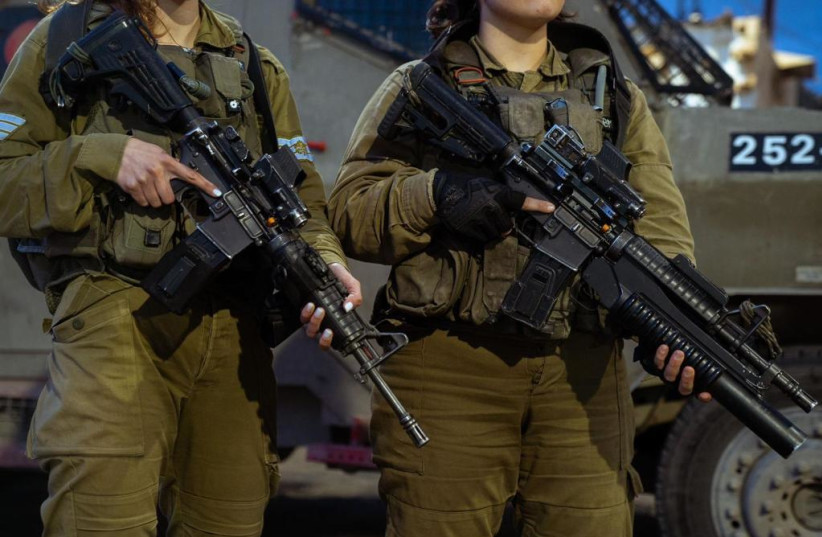This month, two IDF veterans committed suicide in cases related to post-traumatic stress disorder (PTSD). Bar Kalaf set himself on fire after his request to be recognized as a disabled veteran was rejected by the Defense Ministry. He died of his injuries the following day. The same day, IDF veteran Or Donio killed himself while waiting to be recognized as a disabled veteran due to his PTSD.
Last week, the Knesset caucus for aid to IDF veterans with PTSD held an emergency meeting to discuss the issues. The gathering was painful. Friends of Kalaf, who had attended forums for traumatized veterans, said the writing had been on the wall and described feeling abandoned.
PTSD and the lack of treatment for Israeli soldiers tend to only make headlines following these sorts of tragedies. Two years ago, attention was drawn to the subject after Itzik Saidyan, a former Golani soldier whose requests for assistance had repeatedly been rejected, self-immolated outside a Defense Ministry office. Miraculously, after hovering between life and death, Saidyan survived and started the long process of rehabilitation for his burns. He is now something of a symbol for veterans suffering from PTSD and attended Kalaf’s funeral.
After Saidyan’s cry for help, the Defense Ministry rolled out a new plan to reform the way the state cares for IDF veterans suffering from PTSD. The core of the plan addressed easing the bureaucratic difficulties veterans encounter when seeking assistance.
IDF soldiers with PTSD feel they are being ignored by the state
Nevertheless, cases like those of Kalaf and Donio show that there are still emotionally distressed veterans who feel they are being given the run-around or simply ignored by the Defense Ministry, which is in charge of helping wounded veterans.

This week, the Defense Ministry announced it is establishing “a professional team to examine the recognition procedures for mental illness applications.” We hope this team finds a way to improve the handling of such cases.
People suffering from PTSD tell of the myriad ways their lives – and the lives of their families – are affected. Some say they cannot get out of bed, others can’t sleep or suffer from physical ailments, distressing flashbacks, or outbursts of rage. Many entertain suicidal thoughts. As a result of their PTSD, many find it difficult to maintain jobs, friendships, and relationships.
Following the deaths of Klaf and Donio, a report was released showing that one in five IDF combat soldiers suffers from PTSD. According to the study, there are about 5,000 such individuals, but it is estimated that there are 25,000 combat soldiers who are undiagnosed. This is largely due to some soldiers being too embarrassed to seek help, the extensive period of time that the process takes, a lack of trust in the system, or financial troubles. Sometimes, years go by before a former soldier realizes that he or she is suffering from PTSD and needs help.
Of course, the Defense Ministry must ensure that the cases are genuine, as with any other social welfare or health assistance given by a government ministry. But the process needs to be streamlined and veterans seeking assistance – often not an easy step – should be treated with respect and sensitivity, and not presumed to be trying to cheat the system.
In cases where the Defense Ministry cannot handle a request because it doesn’t meet its criteria, the pain of the individual must nonetheless be acknowledged and there needs to be a speedy referral to the relevant government body that can help.
IDF soldiers who were wounded in battle or suffer from PTSD have often paid the ultimate price. They lost friends and carry with them lasting wounds, nightmares, and trauma. The state owes its servicemen and women to do everything it can to help them, not to erect obstacles in their way.
Those emotionally scarred by events during their service are no less deserving of attention than those suffering from physical wounds. These veterans are wounded even if their wounds are not physical and cannot readily be seen. The whole country, led by the government, must rally to ensure that IDF veterans suffering from PTSD receive the help they need.
